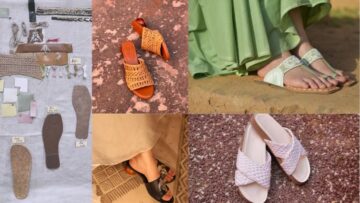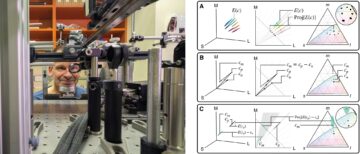
The National Board of Revenue (NBR) has rescinded its recent decision to charge imports of cotton and synthetic fibres used by Bangladesh’s apparel industry with a 2% advance income tax (AIT). The move comes after significant protests from industry stakeholders who argued that the tax would severely hamper the sector’s survival.
Effective immediately, the exemption applies exclusively to industrial Import Registration Certificate (IRC) holders, as per a gazette issued on Thursday, 17th July. However, this exception will not help commercial importers.
Aiming to target more than 150 imported raw materials, such as cotton, acrylic, synthetic, nylon, and polyester fibers—all essential to the textile industry—the 2% AIT was included in the current fiscal year’s budget and went into effect on 1st July. According to NBR’s estimates, this tax would bring in an extra Taka 900 crore over the course of the fiscal year.
Textile mill owners swiftly responded, warning that the tax could increase costs significantly and threaten the viability of spinning mills. They cautioned that the additional financial burden could lead to closures and diminish Bangladesh’s competitiveness in global markets.
Bangladesh relies heavily on imported cotton, sourcing approximately 99% of its raw material needs. In 2024, the country imported 83.21 lakh bales of cotton from various regions, including Africa (43%), India, the Commonwealth of Independent States (CIS), Australia, and the United States, which accounted for over 7% of imports last year.
The withdrawal of the AIT also covers man-made fibres and their raw materials, such as acrylic, synthetic, nylon, and polyester, mostly imported from China.
Saleudh Zaman Khan, Vice President of the Bangladesh Textile Mills Association (BTMA) and Managing Director of NZ Textile Mills Limited, welcomed the decision, emphasising the potential damage the tax could have caused. Khan went on to say that Bangladesh imports over US $ 4 billion worth of cotton and synthetic fibres every year, and that the tax’s continuous application would have made it difficult for the business to survive, costing roughly Taka 32 crore a year only for cotton imports.
The tax was justified by NBR officials, who claimed that it could be adjusted against final profits. NBR Chairman Abdur Rahman Khan explained that even if the tax is collected upfront at the import stage, firms have the opportunity to adjust it later if they generate sufficient profit. Another official added that, for example, if a textile firm is subject to a 27% tax rate and records a 10% profit in a given year, it would owe Taka 2.7 in tax for every Taka 100 earned. Since Taka 2 is collected upfront, firms should not encounter significant difficulties with the arrangement.
However, industry representatives challenged this rationale, arguing that a 10% profit margin is unrealistic given current economic conditions. They also pointed out practical difficulties in obtaining refunds or adjustments, which could complicate business operations rather than streamline them.
Showkat Aziz Russell, President of the Bangladesh Textile Mills Association (BTMA), expressed concerns over the complexity of the tax refund process. He pointed out that while the National Board of Revenue (NBR) allows for tax adjustments at the end of the year, the procedure is overly complicated. Russell questioned the logic of introducing such complexity at a time when the government is aiming to simplify regulatory processes. He also highlighted a discrepancy in taxation policies, noting that while cotton imports are taxed, yarn imports are not, which could lead to increased costs for cotton importers.
Sources within the NBR confirmed that consultations with representatives from the International Monetary Fund (IMF) were held before the decision to withdraw the tax was finalized.






